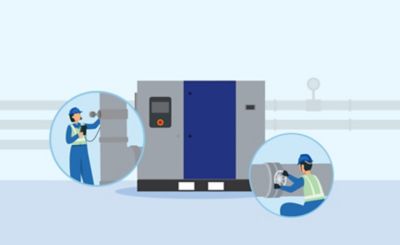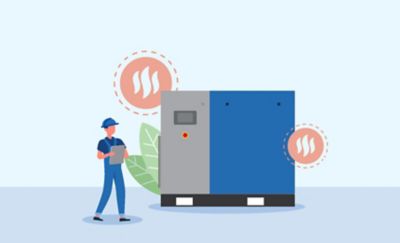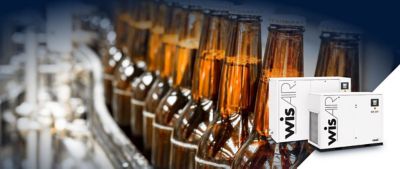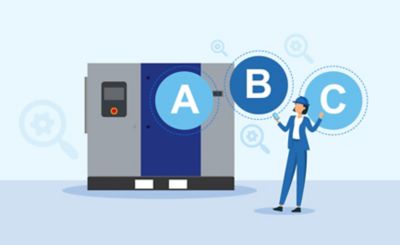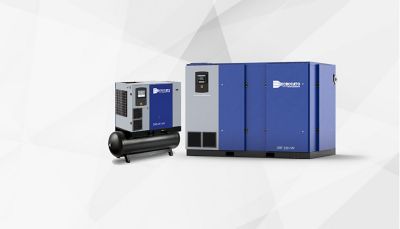Although oil is a common lubricant and coolant to keep an engine running smoothly, it is not ideal for highly sensitive compressed air applications. When using air for food and beverage and medical industries, for example, you'll likely need an oil free air compressor. Doing so allows for the cleanest possible end product.
As an air compressor operates, moisture builds in the form of water vapor. This can contain microorganisms, particles, and traces of oil. If you opt for an oil free machine, you'll eliminate the latter, and produce cleaner air. It's also worth mentioning that while a dryer and proper filtration remove such contaminants, they don't eliminate all oil droplets. This is where an oil free compressor is effective.
Compressors are generally ranked from ISO 8573-1 Class 0-5. The lower the class, the cleaner the air. The above industries are Class 0. The only way to achieve this, known as "oil-free," is with a machine that doesn't contain oil. ISO 8573-1 Classes are set by the International Organization for Standardization and correspond to different applications and industries.
Read on below to learn more about when it makes sense to use an oil free air compressor and the different ISO 8573-1 Classes. Keep in mind, for most applications, an oil-injected machine is safe for use.
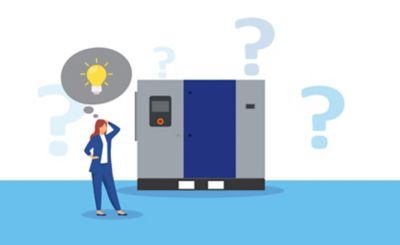
How an oil free air compressor works
As pointed out above, the main reason oil is injected is lubrication and cooling of the engine. With an oil free machine, cooling is achieved through various methods, including water and fans. In addition, hot friction is avoided with an intercooler. After the air is compressed, it is further treated to keep temperatures low.
Since no lubricant is present, oil free machines tend to have a shorter lifespan than oil injected air compressors. Additionally, oil free compressors are louder to operate. The tradeoff here is they require less maintenance in the form of checking oil. There's also no need for oil filters and separation.
The type of air compressor you choose will come down to your business's needs, applications, and environmental impact concerns. Again, if you work in food, medical, paper production, or anything else requiring ultra clean air, then an oil free machine is likely required. It ensures no impact on your end customers.
Achieving Class 0
As mentioned throughout this article, the only way to achieve Class 0 is with an oil free air compressor. You may come across "technically oil free" machines, but this term shouldn't be used interchangeably. In some cases, an oil injected air compressor might be advertised as "technically oil free" with the right filters. This does not mean it's capable of meeting ISO 8573-1 Class 0 requirements.
In addition to investing in an oil free machine, you'll want the right filters and dryers. If working with the sensitive industries mentioned, you'll likely need a desiccant or adsorption dryer. These are capable of achieving the lowest possible pressure dew point (PDP) for the driest possible air. As described in the intro, it's important to dry and treat compressed air water vapor as much as possible.
Choosing the right air compressor
While this article focuses on oil free compressors, it's important to stress that both oil injected and oil free machines offer advantages. If you don't work in a sensitive application, an oil injected machine might make the most sense. This is due to its quieter operations and longer lifespan.
It's important to consider your unique needs and what makes the most sense for you. With an oil injected machine, ISO 8573-1 Class 1 is possible through the use of filters, dryers, and other air treatment solutions. This is acceptable for a lot of jobs.
We're here to help
With the information presented in this article, you still might need support in choosing what's right for your facility. Our team is here to help.

